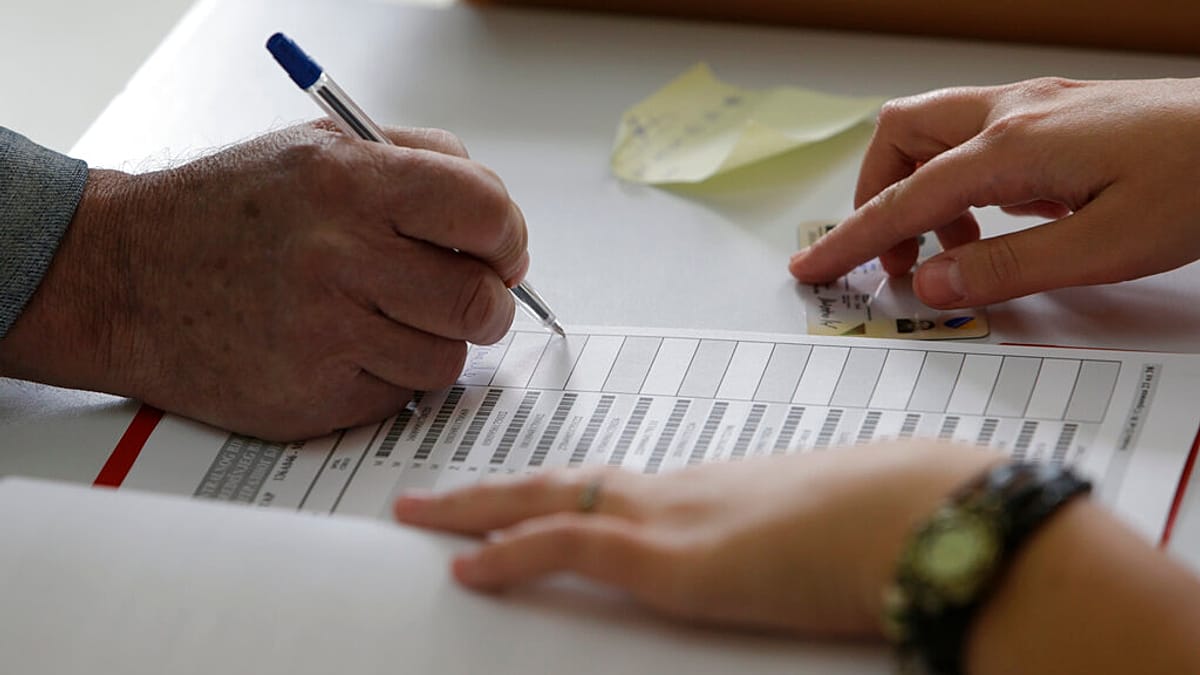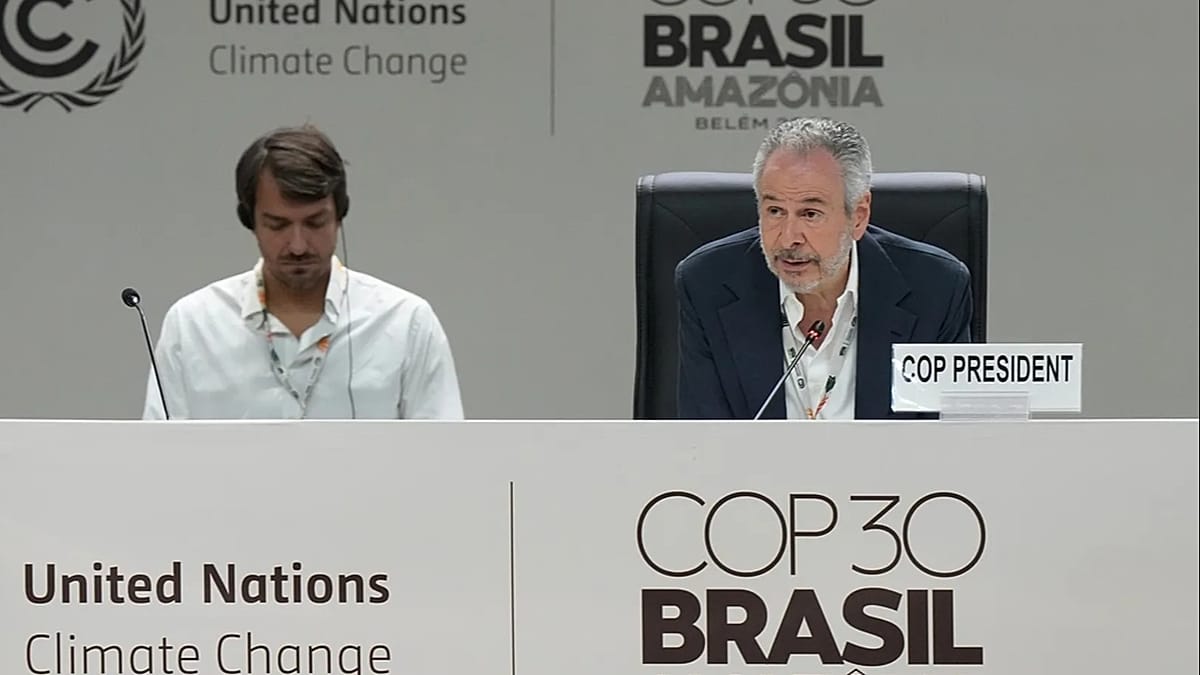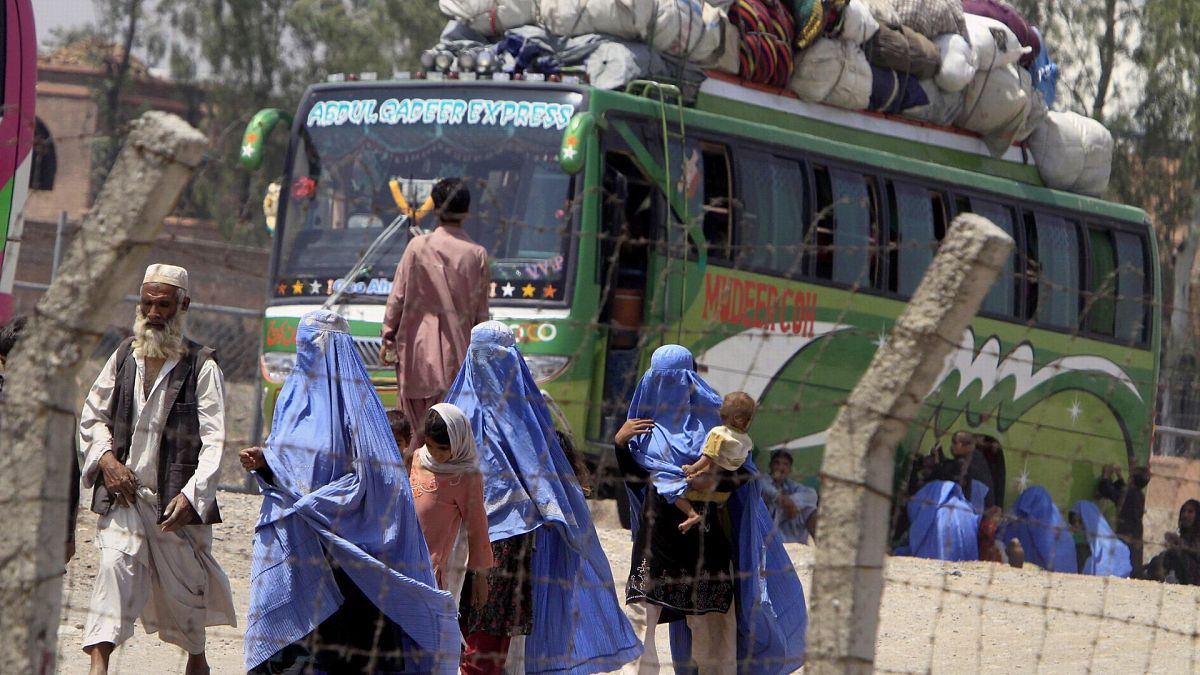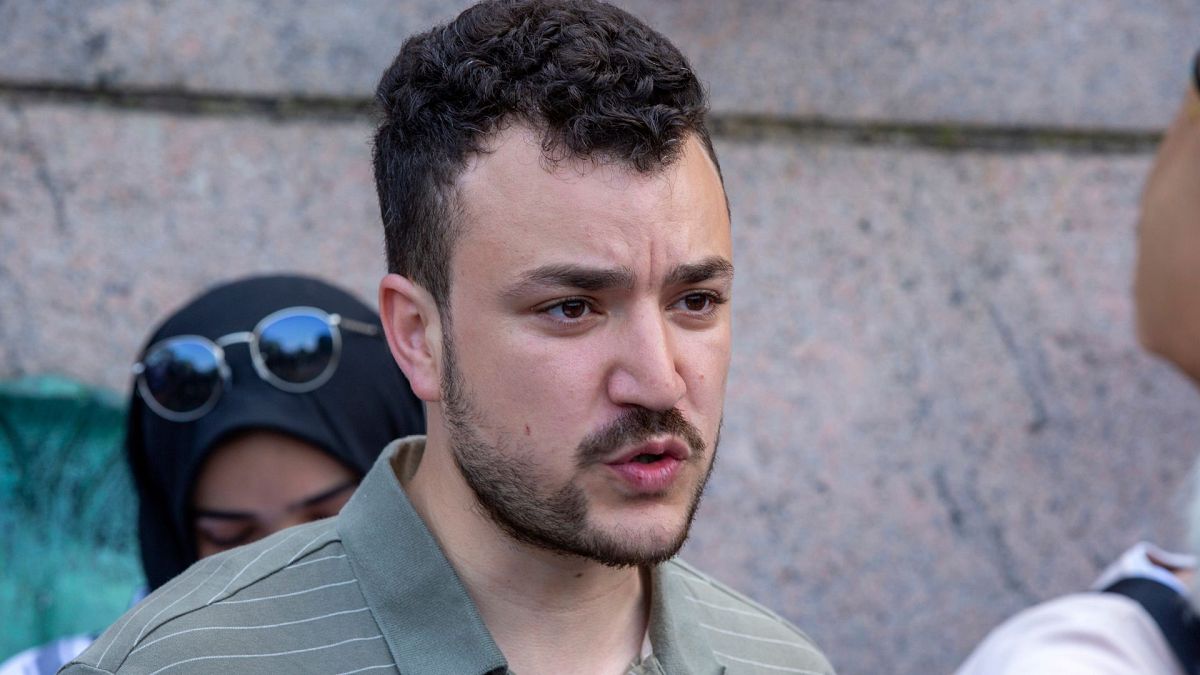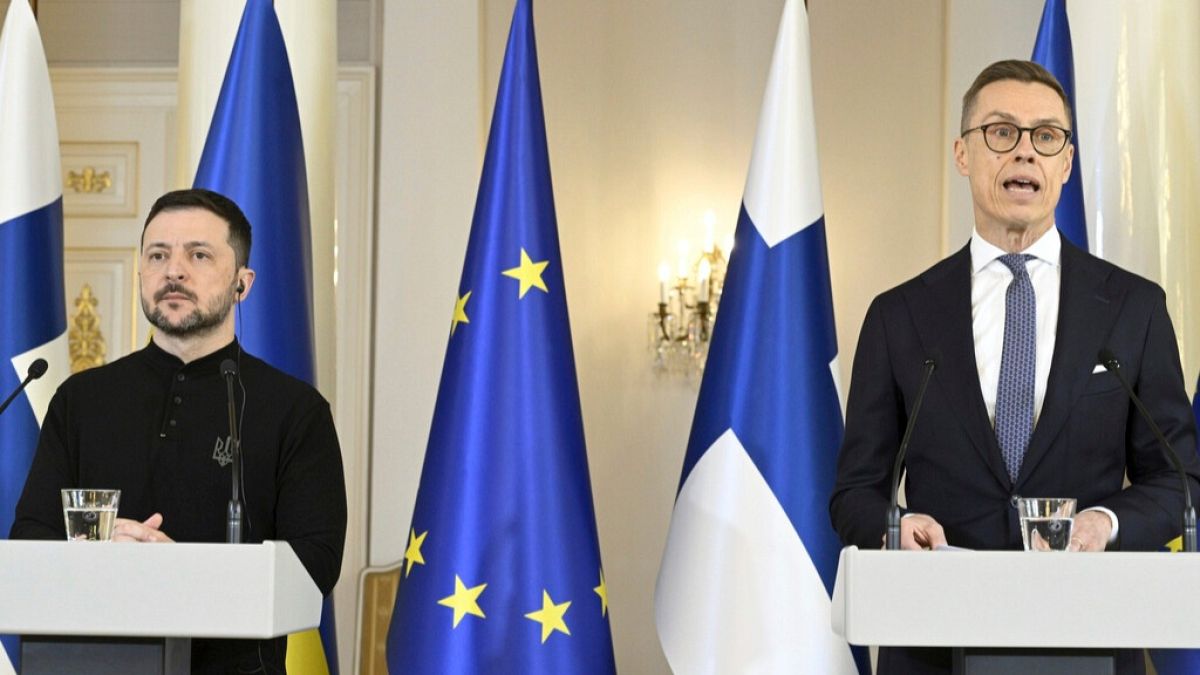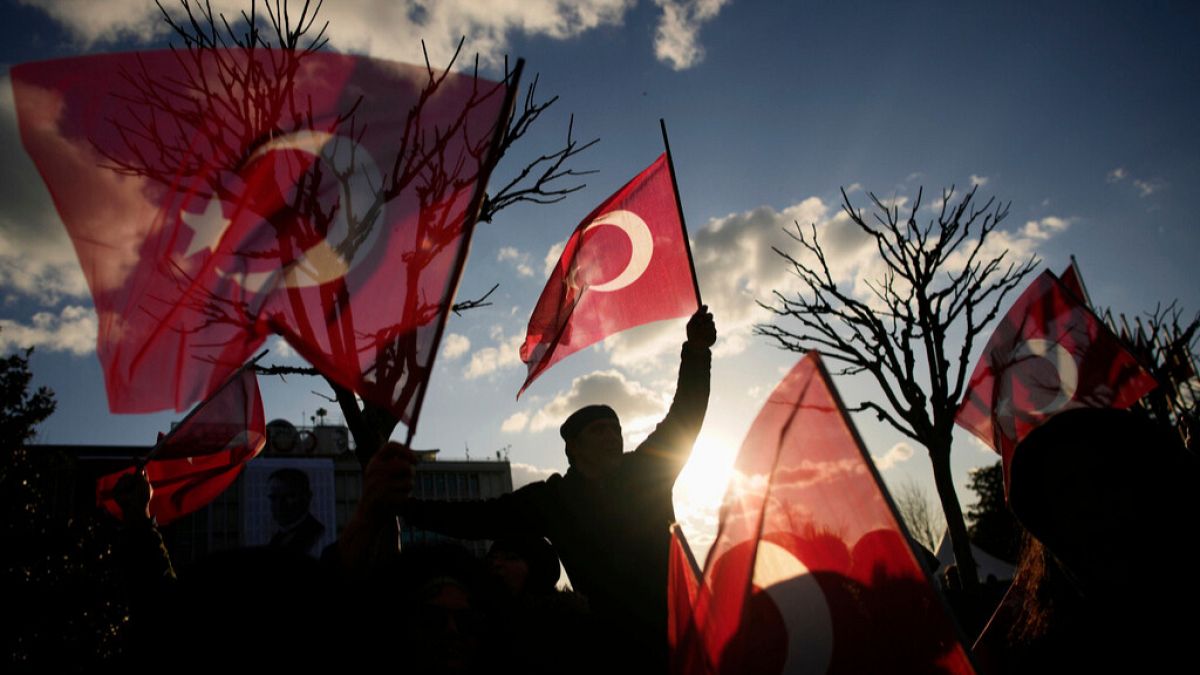Mario Draghi, Princess of Asturias Award for International Cooperation 2025
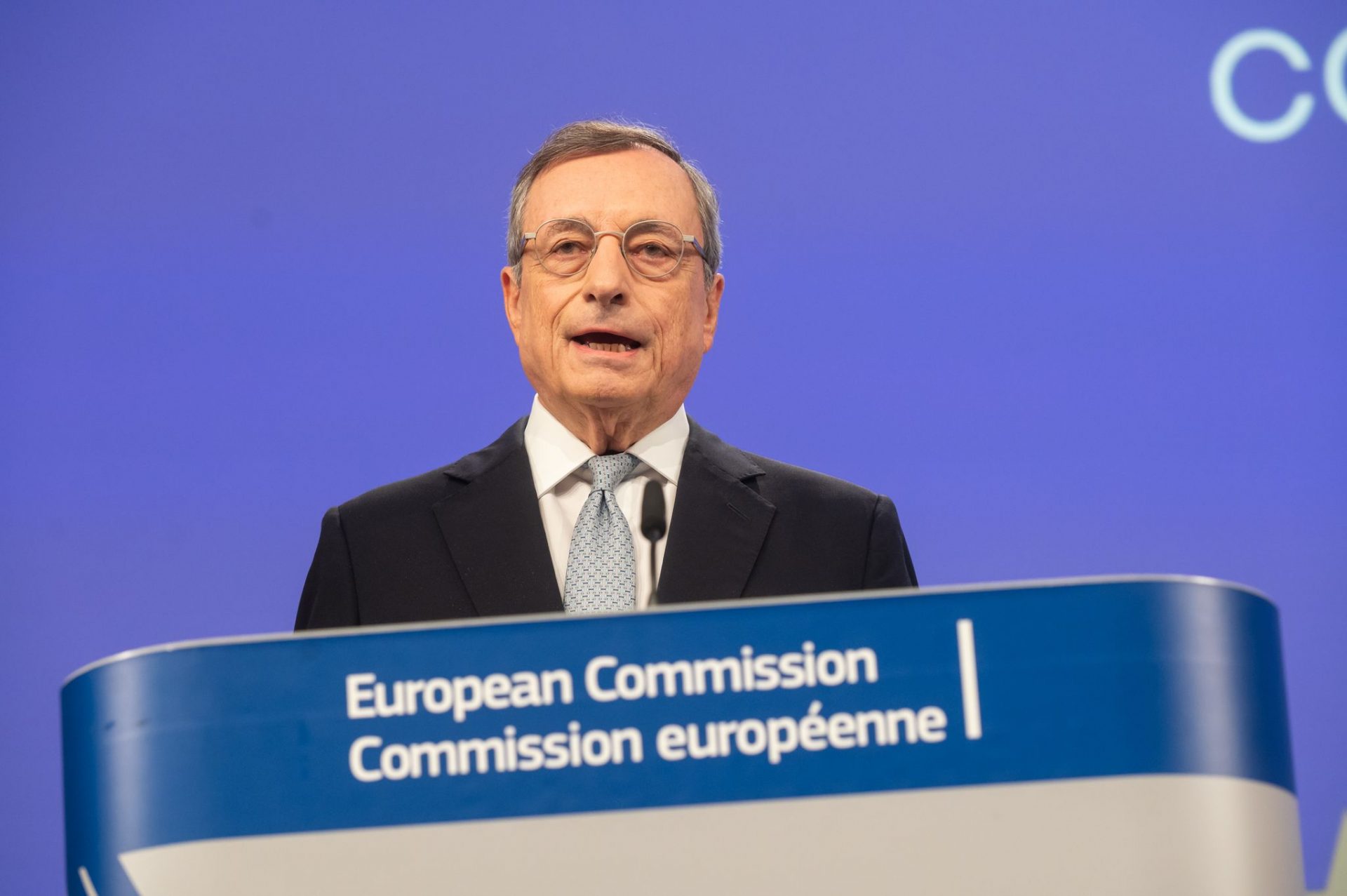
Oviedo – The former president of the European Central Bank (2011-2019) and president of the Council of Ministers of Italy (2021-2022), Mario Draghi, has been awarded the Princess of Asturias Award for International Cooperation 2025.
The jury recognized Draghi “for being a key figure in the defense of European integration and international cooperation, widely acknowledged for his leadership and firm commitment to fundamental values and the progress of the European Union.”
The ruling values that, throughout his extensive career of more than four decades, Draghi “has promoted multilateralism, cooperation among member states, and the institutional and economic strengthening of the Union, as well as its role on the global stage.”
“A symbol of a united, free, strong, and supportive Europe, he has independently and with a long-term vision defended growth and the improvement of competitiveness, focused on three transformations: innovation, decarbonization, and economic security, appealing to common policies on health, energy transition, and digitalization,” highlighted the jury.
This candidacy was proposed by Ricardo Martí Fluxá, a member of the jury for the Princess of Asturias Award for Social Sciences 2025. For this award, the last of the eight international prizes convened this year by the Princess of Asturias Foundation, which is celebrating its XLV edition, a total of 31 candidacies from 13 nationalities were considered.
“It is a great honor for me to receive the Princess of Asturias Award,” the former Italian prime minister stated in a statement. “I want to express my sincerest gratitude to the Princess of Asturias Foundation for this great distinction, which reflects the values of knowledge, public service, and international cooperation and reminds us of the commitment to a united, free, strong, and supportive Europe.”
Career
Mario Draghi was born in Rome on September 3, 1947. In 1970, he graduated in Economics from the University of La Sapienza in his hometown and later expanded his training at the Massachusetts Institute of Technology (MIT), where he earned his doctorate in 1976. He was a professor at the Italian universities of Trento, Padua, Venice, and Florence, and in 1985 he was appointed executive director of the World Bank, a position he held until 1990. Between 1991 and 2001, he served as director general of the Italian Treasury under ten governments of different ideologies.
He then joined Goldman Sachs, where he was vice president for Europe. In 2005, he was appointed governor of the Bank of Italy, and in 2011 he assumed the presidency of the European Central Bank (ECB), a position he held until 2019. In February 2021, after a period of instability in Italian politics, he was tasked by the President of the Italian Republic, Sergio Matarella, to form a new government, and he took office as president of the Council of Ministers, a position he resigned from in October 2022.
Throughout his career as an economist and statesman, he has been considered a key figure in the defense of European integration and international cooperation. Labeled by some as ‘the savior of the euro’, his work as president of the ECB was widely recognized for his firm commitment to the stability of the single currency and the fundamental values of the European Union (Princess of Asturias Award for Concord 2017).
During the sovereign debt crisis that began in 2008, his statement that the ECB would do “whatever it takes” to preserve the single currency was a milestone that restored market confidence and reinforced the cohesion of the European project. The so-called ‘Draghi Plan’, initiated in 2015 and maintained until 2018, aimed to reduce inflation to the 2% target set by the ECB and sustain the economic growth of the Union’s countries through the purchase of public and private assets.
Although this plan received criticism regarding its effectiveness and potential negative effects on the financial system, many experts have highlighted that it was a fundamental tool for saving the European economy during one of the most severe crises in recent decades. Subsequently, as Prime Minister of Italy, Draghi led a national unity government with a technical profile, supported by parliamentary forces of diverse ideologies, focused on implementing structural reforms and effectively managing the funds from the Next Generation EU recovery program.
In that role, he promoted multilateralism, cooperation among EU member states, and the strengthening of Europe’s role on the global stage, advocating for common policies on health, energy transition, and digitalization. Recognized for his independence and long-term vision, Draghi has persistently advocated for a more united, resilient, and supportive Europe.
In 2023, the President of the European Commission, Ursula von der Leyen, tasked Draghi with preparing a report on Europe’s competitiveness, underscoring his ongoing commitment to the institutional and economic strengthening of the continent. The report, presented in 2024, emphasizes the importance of reinforcing the ties of the Union and developing a common strategy for growth and improving competitiveness, focused on three transformations: innovation, decarbonization, and economic security. (June 18)






















